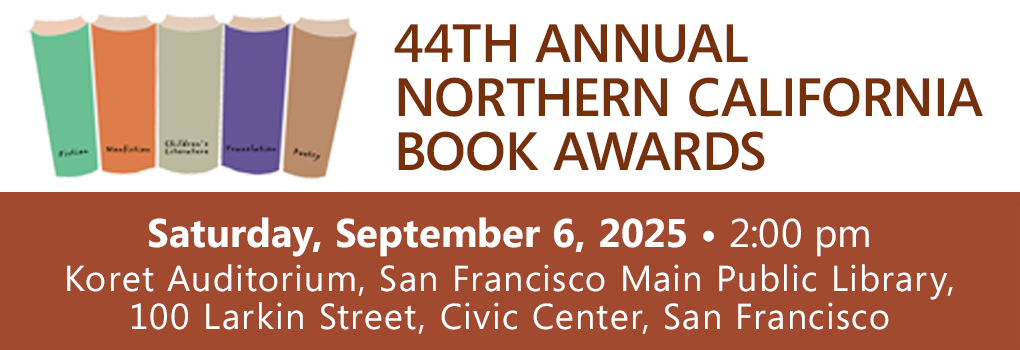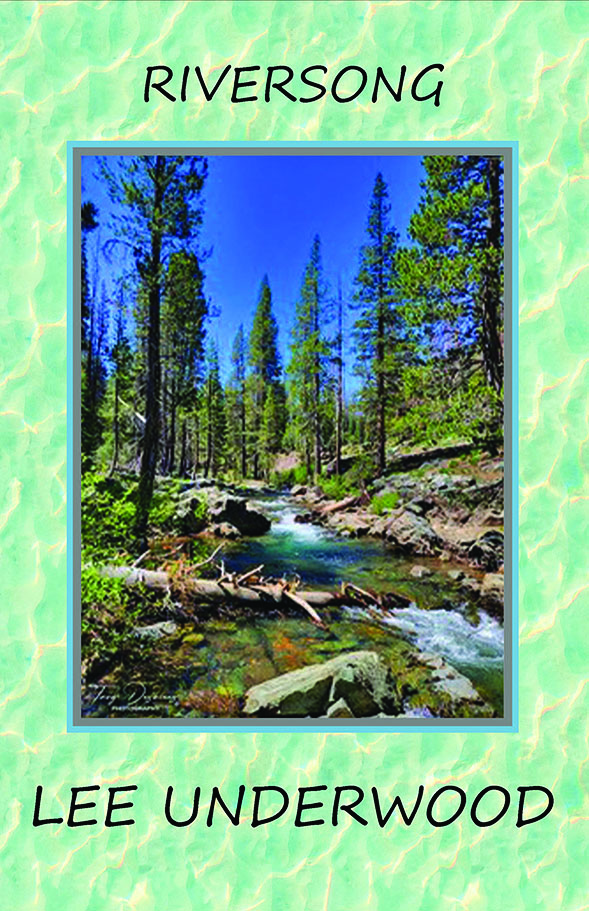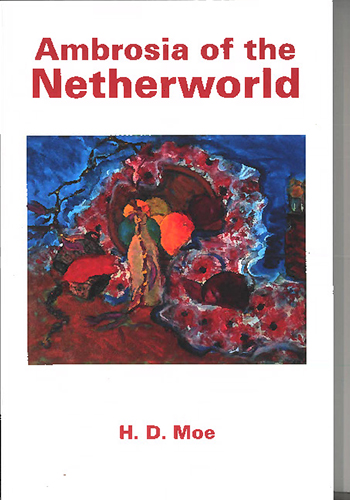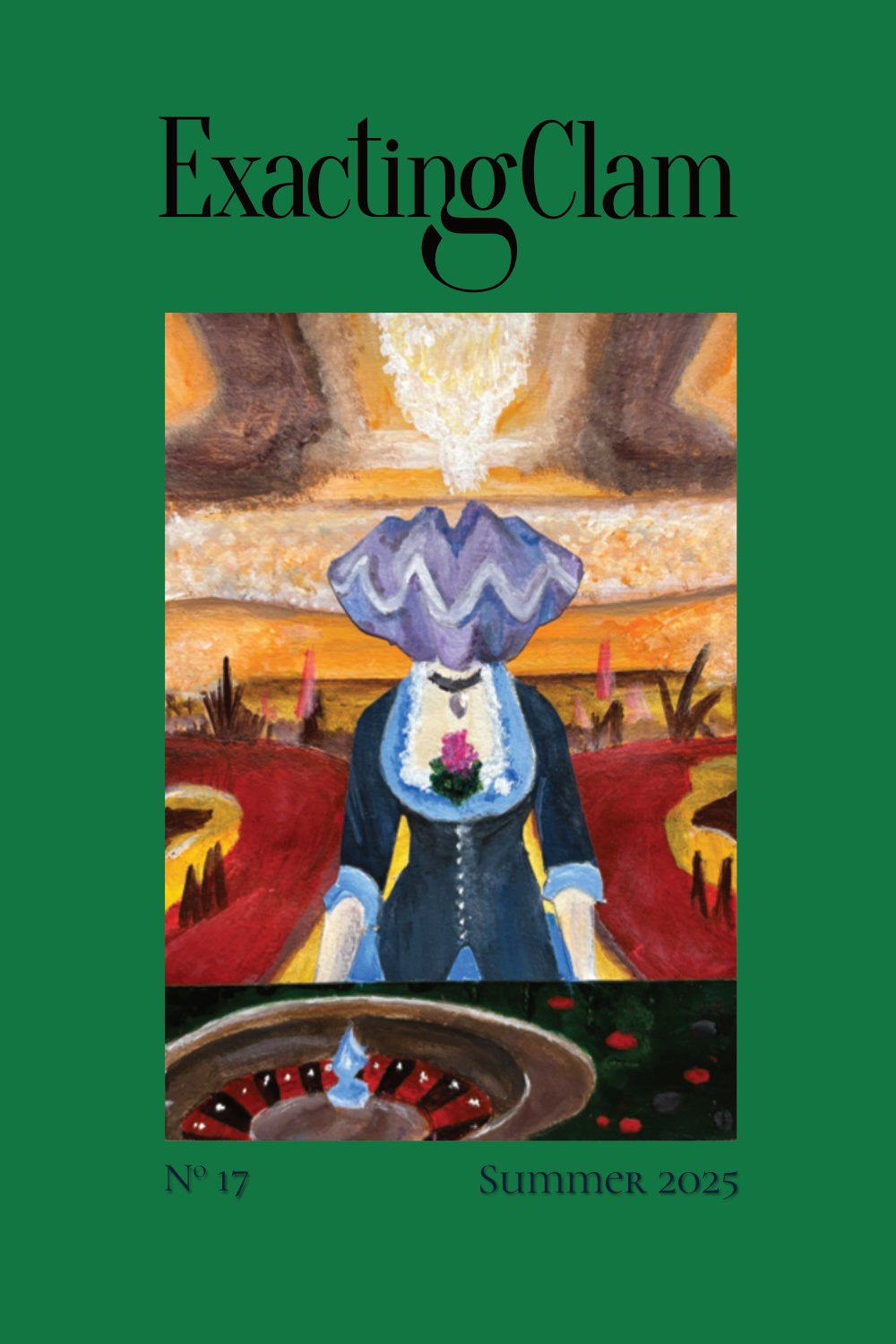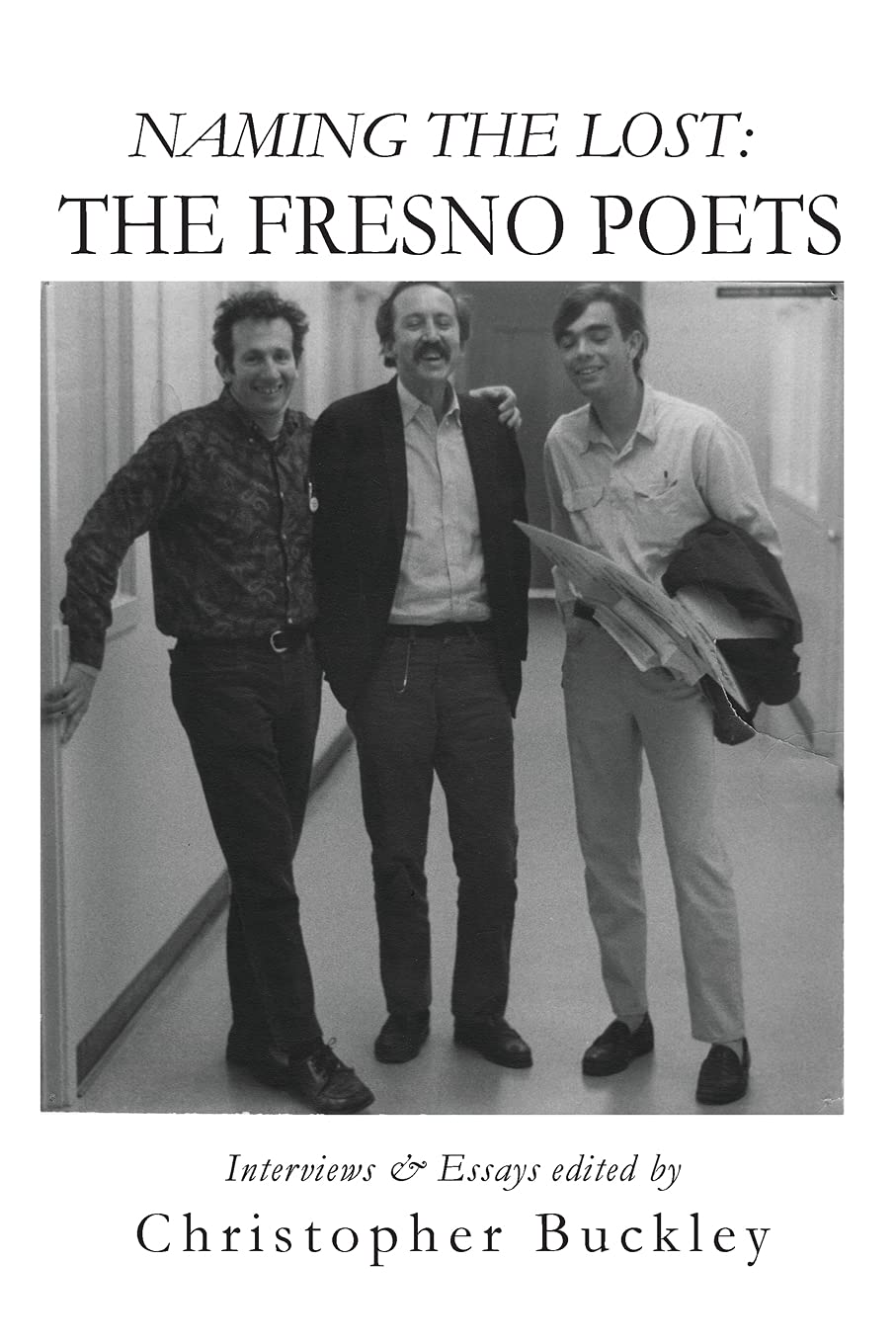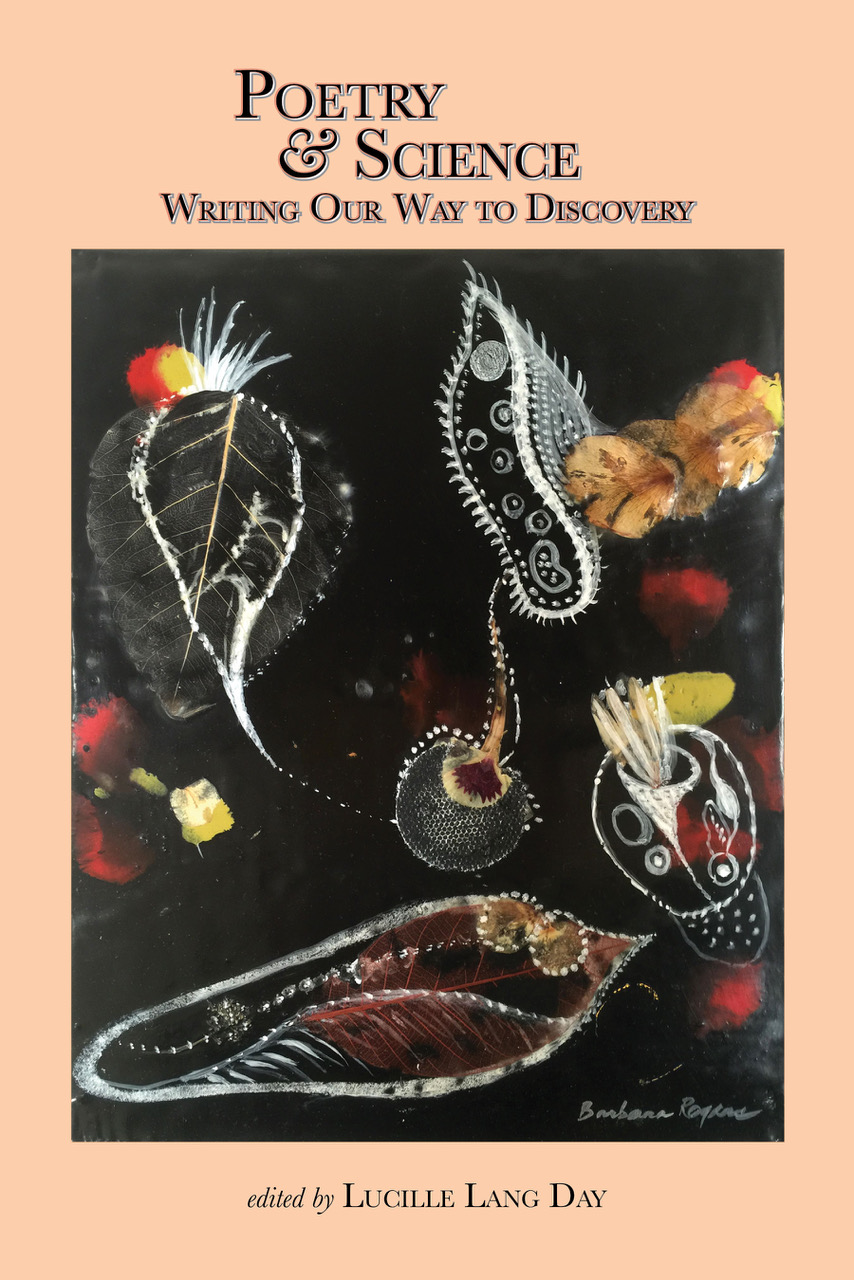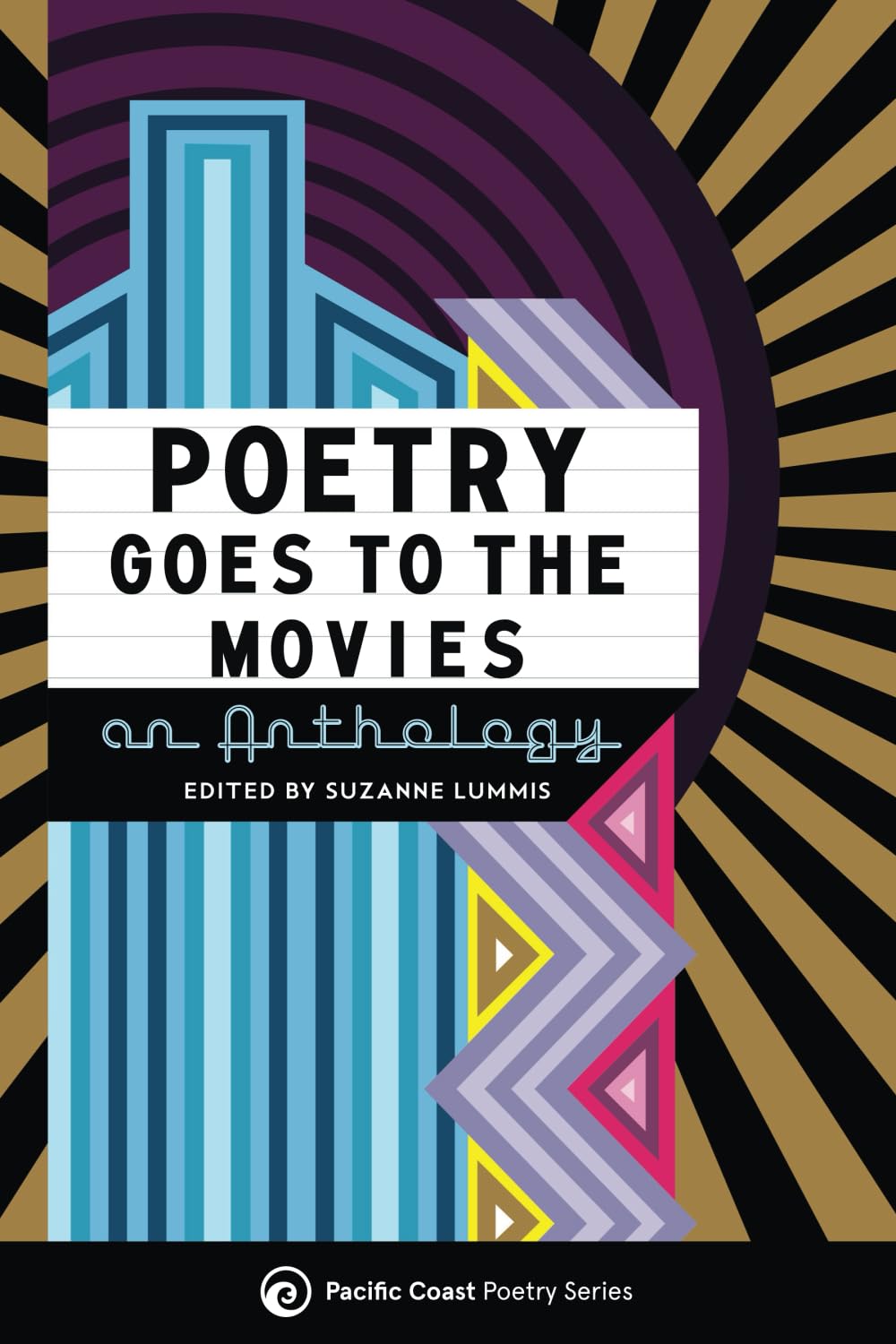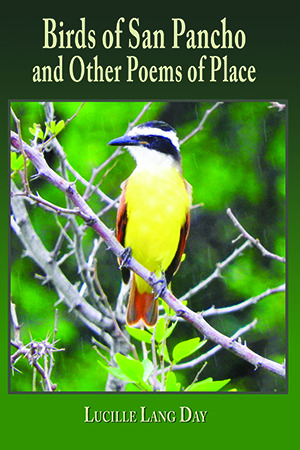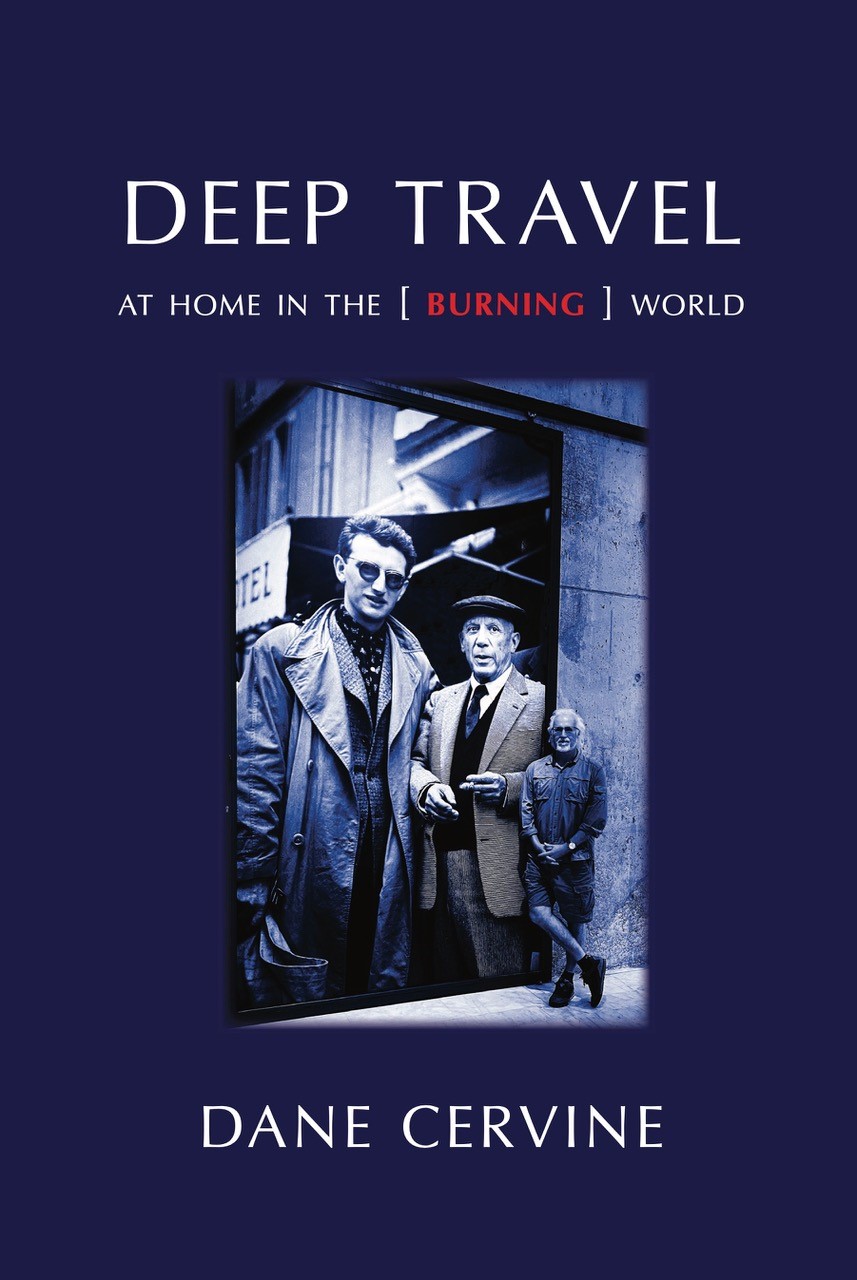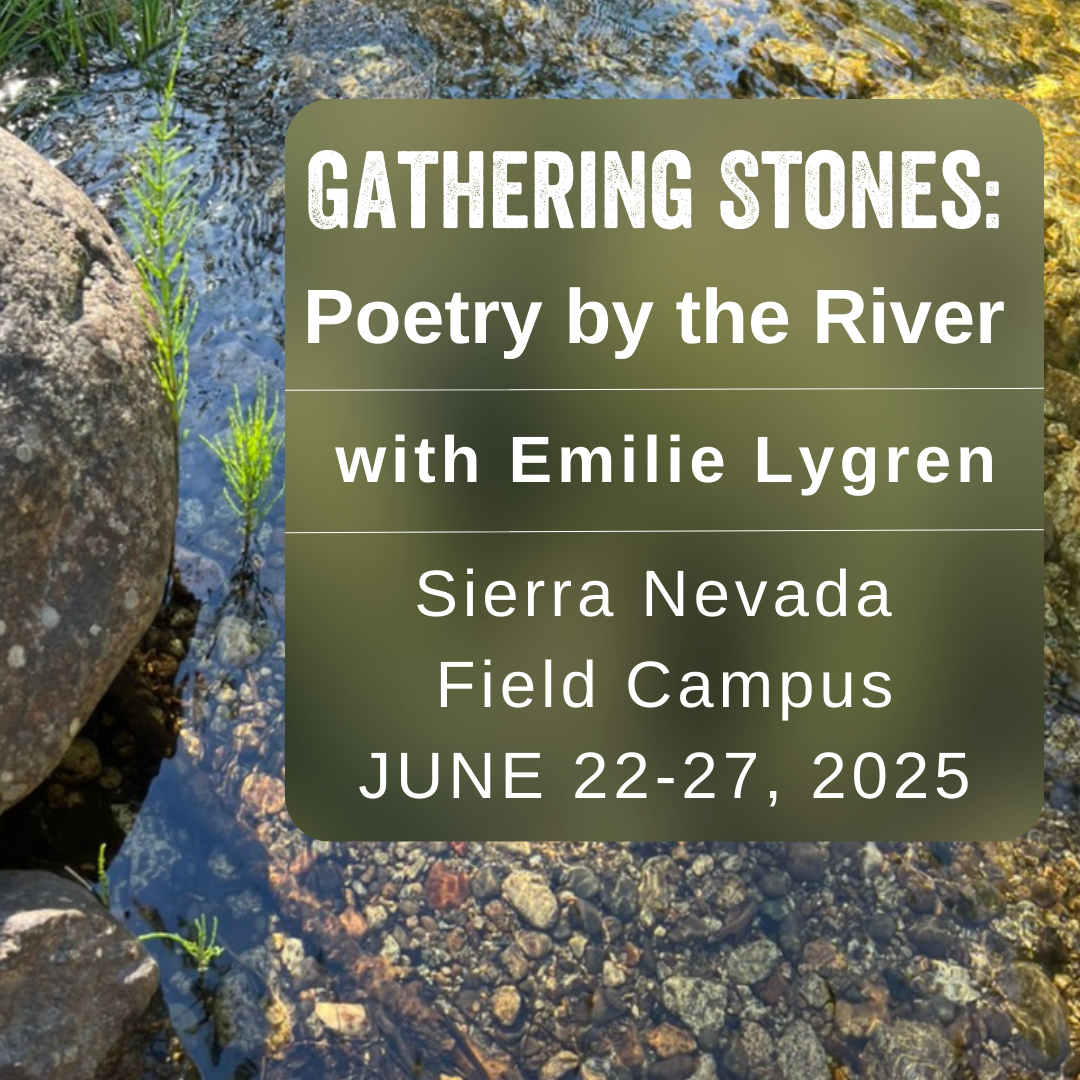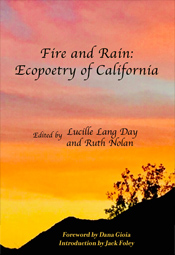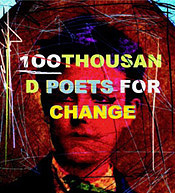
A Few Notes On David Meltzer (1937-2016): Visionary With Red-Hot Coins
by Jack Foley
I wrote my first poem at eleven. It came through me and out of me, a combination of vision and transmission. Maybe "trance-mission" would be more accurate. I was in the center of its energy like a glass or lens where words not light come through.
(David Meltzer, "Notes Before," The Name: Selected Poetry 1973-1983)
the poem, the ground we stand on
constantly shifts.
(David Meltzer, from "Asaph," 1971-1982—"an ongoing work…using music as an autographic center")
IN JOURNAL OF THE BIRTH (1967, first published 1961) David Meltzer writes,
Artists (drones) make culture's repetitive death into a food. All our culture does is eat. It doesn't shit any more. Everything's used.
Vast concerns (concerns are vast, no matter what) keep grinding out this food, this cereal of mashed grain, into culture's mammoth mouth-hole.
I feel badly for us, for myself, for we would rather dance thru things. Instead, we break the legs of those could fly & blind the visionary with red-hot coins.
**
7 July
No baby yet. Tina's at the doctor's office.
In "Bolero" (1976), a section from Asaph, he writes,
I who never dance correctly
but in dreams remain supreme
faulter of gravity's whims
hold onto her silk waist
and in the movie dip and bend and bow
the both of us as one
masters of animal magic
At the premiere, a lady, clutching her seat, cries,
"He's mad, he's mad!"
Ravel adds:
"She has understood."
("Asaph" = "a Levite, one of the leaders of David's choir," www.biblestudytools.com. "Asaph," Meltzer explains, "was David's chief musician./ A cymbal player./ Play the symbols, David.")
This is from "The Red Shoes" (1981):
And I woke up dancing
out of bed past kids crying in clusters
mine hers anybody else's…And I danced down the hallway leapt over the dogs
and cats hunting each other for food
who turned to attack me like a corps de ballet
but I was dancing and I'd never danced before
music from all the radios propelled meInto and out of rooms where my lives erased
and I leapt into space free of sorrow or thought or art
And finally, from "Mongol Mutt" (undated, probably from the early 1980s),
All of it a glove,
a turn of the wooden hand.
What do these passages, chosen more or less at random, have to do with one another? I think the answer is, Almost nothing, though the inability to dance and its correction in dreams is an important element in most of them. Charles Olson suggested that to write poetry was to dance sitting down (Maximus Poems, 1968). Meltzer was probably aware of that passage as well as of Robert Duncan's use of the dance in The Opening of the Field (1960), but his use of the trope extends well beyond even Olson and Duncan: these passages all range widely in subject matter and manner. Judaism, film (The Red Shoes), Ravel's masterpiece, Meltzer's wife giving birth, the state of the world, music, including popular music ("music from all the radios"), performance, dogs, a tendency towards the Surreal, cave art ("masters of animal magic"), madness, comedy, dreams, playfulness, a desire for absolute freedom ("free of sorrow or thought or art") —all "dance." World is observed deliberately and carefully, but so is the desire to escape from world. The "dance" is the means by which mind, crowded with incompatibilities, can touch a subject but not be captured by it. "Paradox," Meltzer remarked to Jonah Raskin, "is an inherent part of me" (www.sfgate.com/books/article/Interview-with-poet-David-Meltzer-6202729.php). The "turn of the wooden hand" is also a kind of dance.
David Meltzer was born in Rochester, New York, in 1937, moved to Brooklyn in 1940 and then, after his parents' divorce, to Los Angeles with his father in 1954. He wrote his first poem in Brooklyn in 1948; it dealt with the New York Subway System and "came through me and out of me, a combination of vision and transmission." During his time on the East Coast he performed on radio and television in The Horn and Hardart Children's Hour. In 1957, following L.A. artist Wallace Berman, he moved to San Francisco and became involved with the circle of writers around Robert Duncan and Jack Spicer. In 1960, he was the youngest writer to be included in Donald Allen's hugely seminal anthology, The New American Poetry. "I was too young to be a real Beat writer," David told Raskin. "Later I was too old to be a hippie."
David was also a talented jazz guitarist and performed and recorded with his singer wife, Tina; later, he performed and recorded poetry with his second wife, poet Julie Rogers. His love of jazz and his delight in the American Songbook allowed him to populate his work with references to popular song. This is from "No Eyes," a poem about the great tenor saxophone player, Lester Young. The word "changes" refers to the chords that need to be played when a song is performed but it also means—changes:
I can't I don't play like that anymore
I play different, I live different
now is later, that was then
we change, move on
me myself & I dies offstage
turn the page back into dark
someone turns the lights on
them there eyes can't get me started
parting there'll be some changes made
tell the story
I'm a ghost of chance & changes
too marvelous for words
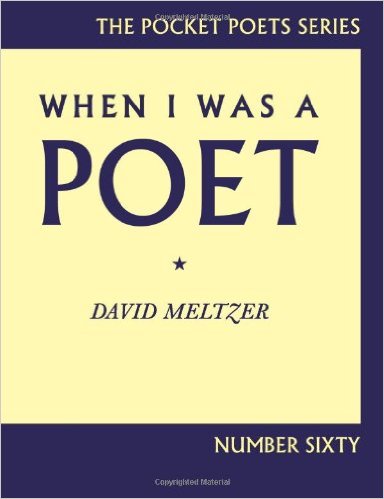
Lawrence Ferlinghetti said of When I Was A Poet (2011), "With this primal book, David Meltzer takes his place among the great poets of his generation." My own candidate for David's finest would be Beat Thing (2004)—an amazing accomplishment that Jerome Rothenberg called "Meltzer's truly epic poem…collage raised to a higher power":
yes cast off once fresh flesh for old corduroy folds
yes letch leech & strut at Beat fests w/ young believers
yes males or females or transmutants
radiate halo of holy moly been there
yes give em myth light w/out sunblocker
yes everyone knew Jack
yes of course we know Allen
yes Neil sold me lids & Bill palmed me bags
yes sign more remnants for crypt keeper Kush
yes spontaneous bop prosody in sweatshop doorway
yes am rude & seek company w/ rowdy loud disruptives
yes in deep sympathy unrelated to manners
not to the manor borne instead both fan & fox
stalk & trot through library chickencoop
yes hiked w/ Gary through North Beach who showed me
what concrete splitting green energy to eat
yes shilled for Lew's snooker gambles
yes bought blow from Michael we sampled
like movie deals in broad daylight car
yes gave Allen a white coffeecup to puke in
he being nude at the party wanted everyone
naked in his hands or mouth or ass
yes Creeley wanted to punch me out
in the kitchen at the Big O Berkeley party
but then forgot what for
yes Roshi Phil couldn't stop the giggles
& Ferlinghetti said poetry was over
& went back to painting figures
go figure
yes comrade Micheline shamed them
as did Corso made them roll their eyes
try to apologize
yes Rexroth's rump on the chaise said goodnight
yes Lamantia's cape & rapture & old world arcana
yes Kirby Doyle's tall Raskolnikov overcoat
yes Michael's black Frisco jeans & blue hawks
yes Joanne's blonde ferocious Buddha dharma
fell into place in fresh picked flowers in
special treasure from the Journey to the East
yes Lenore was an olive grove whose oil
slick made lesser cats spin out speeding
yes what do you want to know
now that we are nowhere to be seen
as you see us & are as you are living
dying process flow to nowhere
flux to somewhere where
weight of past secretes in pancreas
undoes secrets & lives in legend photographs
& can't move past its past
media raw ore for kids to adore
"Raw ore for kids to adore." Do you want jazz poetry? Here, words become be-bop: memory is captured at the precise moment at which it turns into music: "using music as an autographic center." The spirits of Bob Kaufman, Jack Kerouac and Ted Joans shine their lamps everywhere in this book.
*
THROUGH THE KINDLY MACHINATIONS of our mutual friend, Carl Landauer, David and I were beginning to turn an acquaintance into a friendship when, suddenly and surprisingly, he died. We had been trying to get back to an Alameda restaurant, Dragon Rouge, for a second dinner, but we didn't succeed. After David's death, Carl and I had a martini there in David's honor. I thought David a wonderful, playful, brilliant, boyish character—the only Peter Pan among the Beats. (He was also the only poet-who-wanted-to-be-a-rock-star who could actually play the guitar, pace Leonard Cohen.) Love and laughter always poured from him and a gentle Jewish—I want to say "Rabbinical"—irony that put a slight edge on everything he said. He liked to laugh, but he laughed lightly.
Towards the end of 2016, Facebook mistakenly announced David's birthday and I wrote this birthday poem for him. David liked it and told me he would keep it for his actual birthday on February 17.
What can we get to rhyme with Meltzer
The obvious would be Alka Seltzer
Meets a girl and quickly melts her
Heart (her boyfriend belts her!)
Poetry will not get you gelt, sir
(No, you won't make a single dollah
From your reading the Kaballah)
Mystical, magical, melodious too
More Beat than me, more Jewish than you
His poetry can cast a spell, eh
(Could he have learned that down in LA?)
His verses flow—so light on their feet
They bring to mind the Fred Astaire feet
These songs of David set us free
Into vast realms of melody
(And of course he knows the chords too)
What a man to give awards to
Our feeling's never less than avid
(Which we'll pronounce to rhyme with David)
HAPPY BIRTHDAY LATE IN THE DAY
…
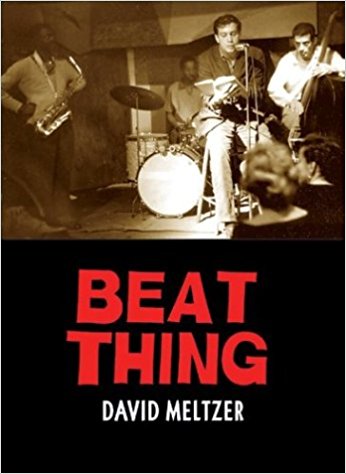
And then, just before and after his death:
12/28/16-12/31/16
Now you're at home, at hospice
death makes sons fathers no longer followers Now breath comes just to keep you alive
who's left continues the fight & yes Jack Not to measure out your poems
red scarf uplifts abject rejects castaways May you breathe more
from techne's refusal of entropy & yes May your poems breathe
the usual redeye flight backwards to face future A stroke of bad luck for us all
as voidable nervefill stashed w/ old words Wish we could have gotten back
nostalgia & neuralgia old familiar aches & places To Dragon Rouge
geezer warmup stasis approach death's oasis To have a martini and dine in style and laughter
who's beat now & then 15 years to get over Tina, you told me
who keeps score How many years to get over you
who're the gatekeeper guys & gals who bar office doors Poet
you need a password a look a book an agent & Of Music of Wit of Kaballah of Dancing of Joy of Jazz
good connections Of love of the world…
it was the Bomb I see you dancing in the afterlife
Shoah Tossing away the canes and paraphernalia of the earth
it was void And smiling at the eternal malapropos…
blank unrelenting busted time Beat thing
it was Jews w/ blues Unbeaten
(passages in italics from David Meltzer's book, Beat Thing)
*
Goodbye, dear David. We change, we move on. I wrote this for him a few years back. I knew he'd recognize the Slim Gaillard reference:
What joys were felt, sir
From the King
Of Swing:
King David,
The Meltzer!
Voutymacrooneymo—dig it!
He died with the same elegance, wit and intelligence with which he lived.
*
From David's poem, "Shema (2004)," (see note below):
the struggle is always to be
all of us
together
no division
separation or
false throne
real & ecstatic
it unreels beyond the screen
the dream
into the delirium of awakening
baruch ataw Adonai
may the One who causes peace to reign
in high heavens
cause peace to reign among us all
![]()
Jack Foley is a poet, critic, and host of KPFA FM's "Cover to Cover" book show. His most recent books are Riverrun, poetry, and The Tiger and Other Tales, fiction. He is a Poetry Flash contributing editor.
Shema is "a liturgical prayer, prominent in Jewish history and tradition, that is recited daily at the morning and evening services and expresses the Jewish people's ardent faith in and love of God," www.dictionary.com.
—POSTED APRIL 2017




